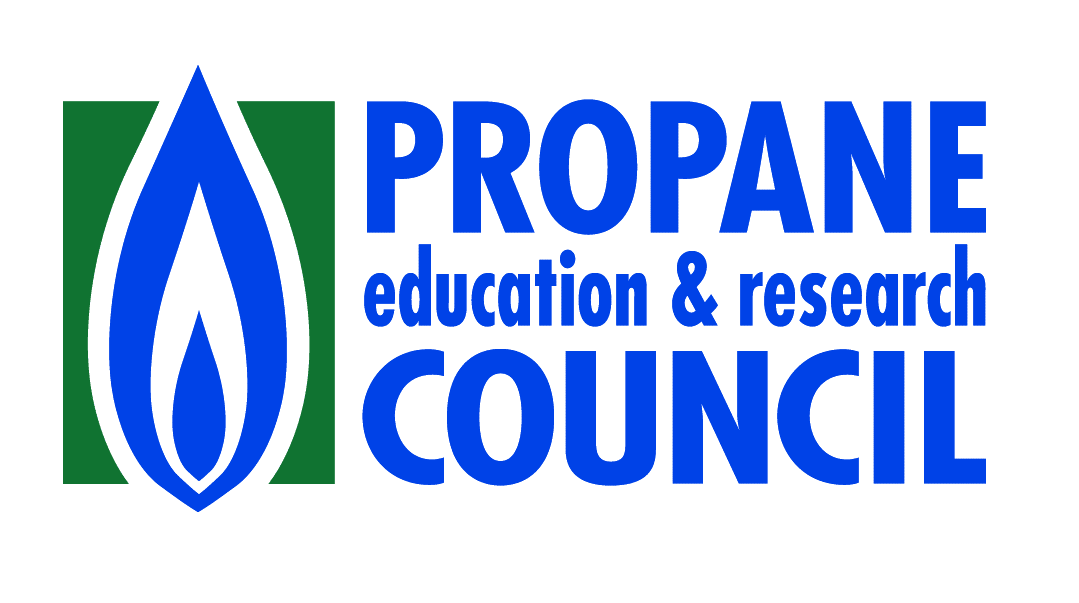Conducting new research to quantify emissions reductions is crucial in the fight for clean air, particularly in the trucking industry, a significant contributor to greenhouse gas emissions. Hi Pro Inc., a nationwide mail logistics contractor, recently took on that initiative by conducting a research study titled “Delivering Clean Air in Denver.”
The study, which was funded by the U.S. Department of Energy’s Office of Energy Efficiency & Renewable Energy, involved testing identical Class 6 box trucks that run on propane autogas versus diesel over the course of one year in Commerce City, Colorado, an area struggling with some of the worst air quality in the world. The trucks were driven along their normal delivery routes and under similar conditions. This head-to-head comparison allowed for a comprehensive evaluation of performance, emissions, fuel efficiency, and maintenance costs under real-world conditions.
The results, compiled in combination with Drive Clean Colorado and the Propane Education & Research Council, demonstrated significant benefits for propane autogas in reducing costs and emissions while improving driver satisfaction.
Accelerating Emissions Reductions
The main goal of the project was to reduce emissions, and the results didn’t disappoint. Harmful nitrogen oxide (NOx) emissions were reduced by 89%, carbon dioxide (CO2) emissions dropped by 18.9%, and sulfur oxide (SOx) tailpipe emissions were virtually eliminated compared to the diesel trucks.
These reductions have the potential to improve the environment and the air quality, which is significant for the people who live in the area. Emissions like NOx are known to exacerbate respiratory issues like emphysema and bronchitis. By reducing emissions overall, Hi Pro not only improved the environment, but also provided cleaner air for the residents in the community they serve.
Reduced Cost of Ownership
Hi Pro also observed a significant reduction in the cost of ownership for their propane autogas trucks, more than 50% compared to their diesel counterparts. This is largely due to the lower fuel and maintenance costs associated with propane autogas vehicles in comparison to diesel.
While propane autogas is already affordable on its own, there are also many state and federal incentives to make it an even more attractive option. Hi Pro has taken advantage of the federal alternative fuel tax credit, receiving 36 cents back per gallon of propane autogas used.
Additionally, maintenance costs for the propane trucks were down by approximately $200 per truck, translating to substantial savings per vehicle. Because propane autogas is a clean energy source, it doesn’t require the added cost of fluids and filters that are needed with the diesel emissions systems.
“We have definitely noticed a difference in cost of ownership,” said Camryn Reeves, regional operations manager at Hi Pro, Inc. “I’m saving so much cost without sacrificing a smooth ride or timeliness.”
Improved Driver Satisfaction
Driver satisfaction with the new propane autogas trucks has been positive. Drivers reported that the propane vehicles offer a much smoother and quieter ride compared to diesel trucks, with easier shifting and sufficient torque to handle Colorado’s mountainous terrain.
“My drivers feel safer and prefer the new technology,” Reeves said. “They appreciate not smelling like diesel after a shift and enjoy the extended range, allowing them to cover 300 miles on one fill-up.” This reduced need for frequent refueling helps the fleet maintain its reputable on-time delivery record, a critical factor for a postal service contractor.
The “Delivering Clean Air in Denver” project has proven to be a success, showcasing the real advantages of propane autogas for medium-duty fleets. As Hi Pro Inc. continues to reap the benefits of their propane-powered fleet, they set a benchmark for sustainability and operational efficiency in the logistics industry. To see the vehicles in action, visit Propane.com/Fleet-Vehicles.
David Walters is the director of autogas business development for the Propane Education & Research Council. He can be reached at David.walters@propane.com. For more information, visit Propane.com.



